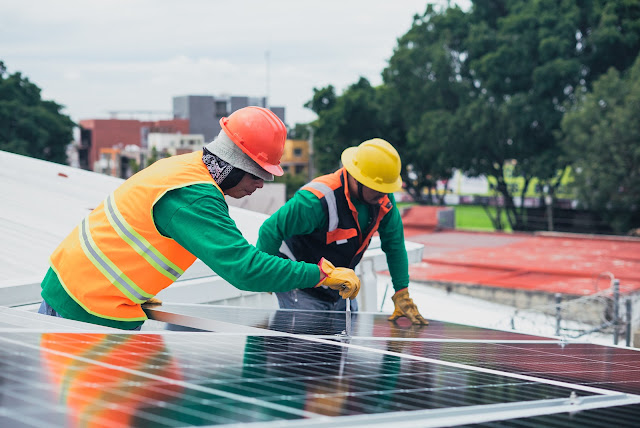There are many ways to do the latter, including solar panels and wind turbines, but not all work in every home. In this post, I'll tell you which type works best in each house and how to set it up so that you save money and help save the environment simultaneously!
Get to know your local regulations
For those living in areas that allow you to use renewable resources, your next step is establishing a power generator that harnesses solar or wind power. Some homes may be located where it's not feasible to have a power system that only uses renewable sources.
Consider looking into your city's or state's guidelines on what type of power sources are allowed, as this will vary depending on location. There is also the consideration of how long the payback period is for installing new systems.
Solar Panels
There are many benefits to installing a renewable energy system in your home, including the personal satisfaction that comes from knowing you're doing something good for the environment. A grid-tied system of solar panels generates electricity from sunlight, which is transmitted to where it's needed via an inverter.
This is called net metering, which means that any excess power generated by an individual panel during a specific period will be converted into usable electricity at other times. However, if more electricity is being used than what is being generated, extra power must be pulled off of the grid.
Wind Turbines
Today, homes that invest in power sources like wind turbines provide clean, reliable electricity and receive a generous tax break from the government.
Wind turbines are a highly efficient way of generating clean electricity from the natural wind power in our atmosphere.
Storage Batteries
That's why a home battery system is a game changer. Consider a high-quality battery system that can power most homes at night, storing solar power from your panels during the day to make your house more independent of the electric grid. And more cost-effective, too: it would take about 10 years for this one system to pay for itself.
Meanwhile, conventional electricity bills have continued to rise steadily over recent years.
Protecting your investment
What would you do if your investment was at risk? For instance, you invested much money into a building prone to flooding. Or you may have been collecting art for years but find out about an economic recession that could lead to a market crash.
One way to protect yourself from these unknowns is through insurance. Insurance covers many types of losses as long as they are considered reasonable risks. When watching what matters most, why not save yourself against anything unexpected?
